Over the last few decades, sport has increasingly entered the narrative of History and Sociology. To discuss the different methods and approaches to its study, we gathered five specialists from these two areas at the Benfica Museum - Cosme Damião. Moderated by Raquel Vaz-Pinto, the current state of the study of sport in the social sciences will be brought to debate.
Includes a coffee break, a certificate of participation and a free visit to the Museum
Programme
9h30
Reception
10h00
Opening Session
Pedro S. Amorim | Documentation and Information Centre, Sport Lisboa e
Benfica
10h30 – 13h00
Painel 1: The history of sport and its social impact
Moderator: Raquel Vaz-Pinto
10h30
From supporter(s) to the space of the supporter condition: an (un)necessary
densification?
João Sedas Nunes | CICS.NOVA – Research Centre for Social Sciences
11h10-11h40
Coffee Break
11h40
ESports rewriting sports history?
Ana Santos | Centre for Research in Anthropology
(CRIA)
12h20
Women in the Olympic Games: a journey of achievements and challenges
Rita Nunes | History, Territories and Communities – Centre for Functional Ecology, Faculty of
Sciences and Technology – NOVA University of Lisbon and Portuguese National Olympic Committee
(NOC)
13h00-14h30
Lunch Break
14h30-16h00
Painel 2: Between theory and politics: Interactions in football history
Moderator:
Raquel Vaz-Pinto
14h30
Making football history. Reflections on the Portuguese case
Francisco Pinheiro | CEIS20
– Centre for Interdisciplinary Studies, University of Coimbra
15h10
Football and politics in contemporary Portugal: subjects, problems, and debates
Rahul Kumar | Institute of Contemporary History, College of Social and Human Sciences – NOVA
University of Lisbon
16h00
Round table: “Football and the 21st century”
Moderator: Raquel Vaz-Pinto | Portuguese
Institute of International Relations, NOVA University of Lisbon
17h30
Closing Session
Speakers
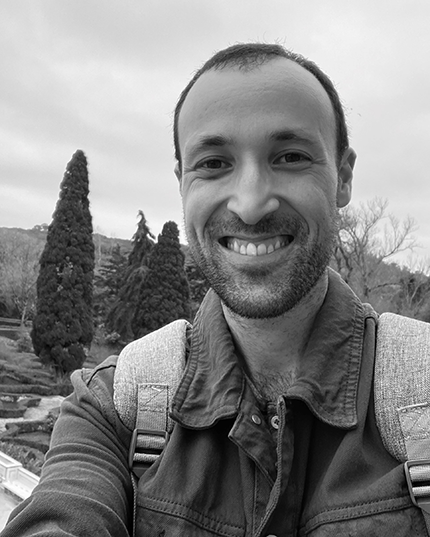
Pedro S. Amorim
Pedro holds a master’s degree in History of International Relations and Modern Diplomacy from the School of Arts and Humanities, University of Lisbon. He is a researcher at the Centre for History of that university and currently works as a researcher at the Documentation and Information Centre of Sport Lisboa e Benfica. He has participated in national and international conferences and published on political and diplomatic history of the 16th and 17th centuries. Within the history of sport, his interests focus on the history of amateur sports and the phenomenon of eclecticism.
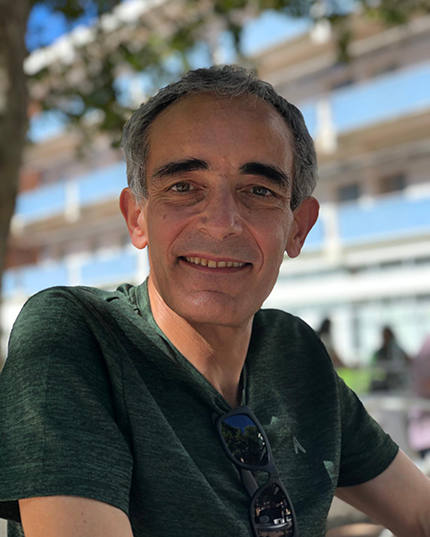
João Sedas Nunes
João was born in December 1963. He received his PhD in 2008 in Sociology of Culture with a thesis on football fan cultures. Professor at College of Social and Human Sciences of the NOVA University of Lisbon, he is a researcher at CICS.NOVA in the areas of sociology of sport, youth, gender, professional insertion, social classes, and armed forces. He coordinates the Section of Sociology of Sport of the Portuguese Sociological Association and is also a member of the Advisory Board. Previously, he was a researcher at the Cultural Activities Observatory (between 1997 and 2003) and director of the scientific journal Forum Sociológico (between 2011 and 2014). He regularly writes opinion articles in the press, having published, among others, in the newspapers Público and i and in Electra magazine.
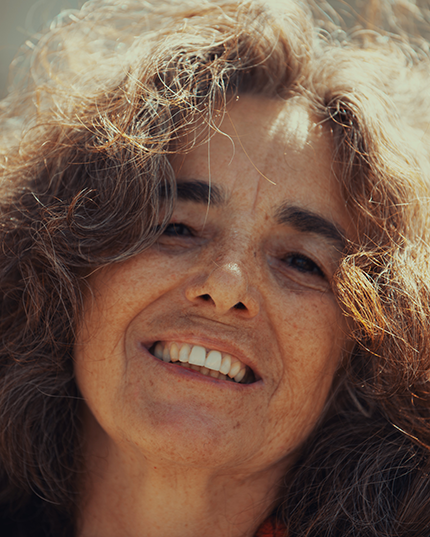
Ana Santos
Assistant Professor at the Faculty of Human Motricity of the University of Lisbon. She is a researcher at the Centre for Research in Anthropology (CRIA). She has a PhD in Sociology of Communication, Culture and Education and a Master in Anthropology, both from ISCTE - University Institute of Lisbon. She has published books and articles on competition and sporting events, mobility and leisure, and also Esports.
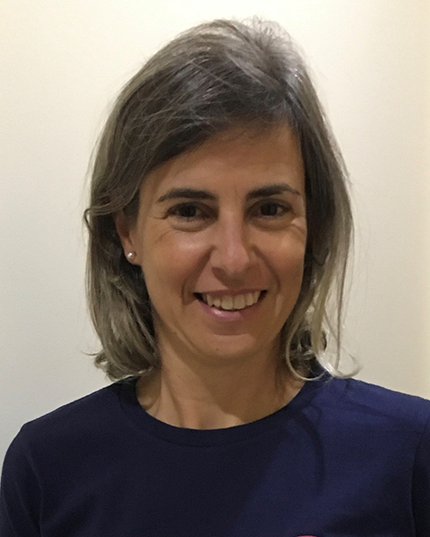
Rita Nunes
Rita holds a PhD in Contemporary History from NOVA University of Lisbon. Her thesis' research is focused on the origin of the Olympic Movement in Portugal, from the sports organisation at the end of the 19th century, with a focus on the formation and activity developed by the Portuguese National Olympic Committee until the early 1920s. She holds a Master’s degree in Olympic Studies from the University of Peloponnese (Greece) and a degree in Sports Science - Sports Management from the Faculty of Human Kinetics, University of Lisbon. She has organised several conferences and seminars on sports and Olympics. She is the author of several refereed articles and book chapters. She participates regularly since 2012 as a speaker, by invitation and by submission of papers in national and international conferences. She has also taught numerous classes in universities (in Portugal and Brazil) on the themes of Sports History and Olympic Education by invitation. She is currently director of the Olympic Memory and Education Department of the Portuguese National Olympic Committee, and is responsible for several areas, especially Olympic Education and the Historical Archive.

Francisco Pinheiro
Assistant researcher at CEIS20 - Centre for Interdisciplinary Studies at the University of Coimbra. He holds a PhD in History (2010), a Master’s degree in European Historical Studies, a Degree in International Journalism and Bachelor degree in Media. Holder of a doctorate and post-doctorate scholarship of the Foundation for Science and Technology. Author of a vast work dedicated to the history of sport, football and the sports press, with emphasis on The People's Passion - History of Football in Portugal and History of the Sports Press in Portugal.

Rahul Kumar
Rahul is a visiting assistant professor at the Setúbal College of Education of the Polytechnic Institute of Setúbal and a researcher at the Institute of Contemporary History of the NOVA University of Lisbon. He graduated in Sociology at the College of Social and Human Sciences of the NOVA University of Lisbon and in 2014 he obtained his PhD, also in Sociology, at the Institute of Social Sciences – University of Lisbon, with a thesis entitled The lost purity of sport: football in the Estado Novo. He has published on topics related to the history of sport, press, sociology of migration and discrimination, work, and precariousness.
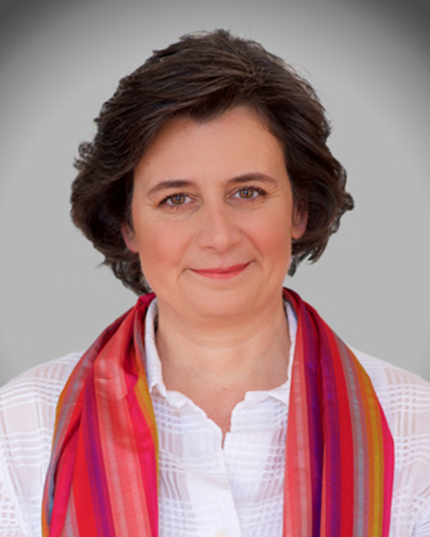
Raquel Vaz-Pinto
Researcher at the Portuguese Institute of International Relations (PIIR) of the NOVA University of Lisbon and visiting assistant professor at the College of Social and Human Sciences of the same university, where she teaches Asian Studies and History of International Relations. She was a consultant to the Administration Board of the Calouste Gulbenkian Foundation from 2020 to 2022 and president of the Portuguese Political Science Association from 2012 to 2016. Author of several articles and books including Beyond the Pitch, what we can learn from Football and The Great Wall and the Legacy of Tiananmen, China and Human Rights published by Tinta-da-China. Her research interests are Chinese Foreign Policy and Strategy; the US and the Indo-Pacific; Europe and the World; Leadership and Strategy; Football and International Relations. She is a resident analyst of international politics at SIC (television channel) and TSF (radio station).



